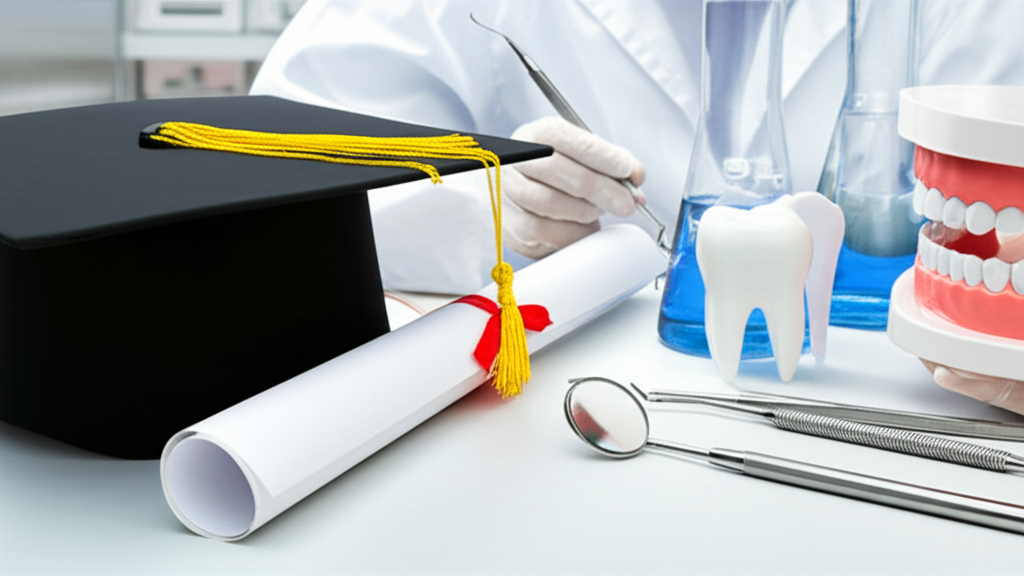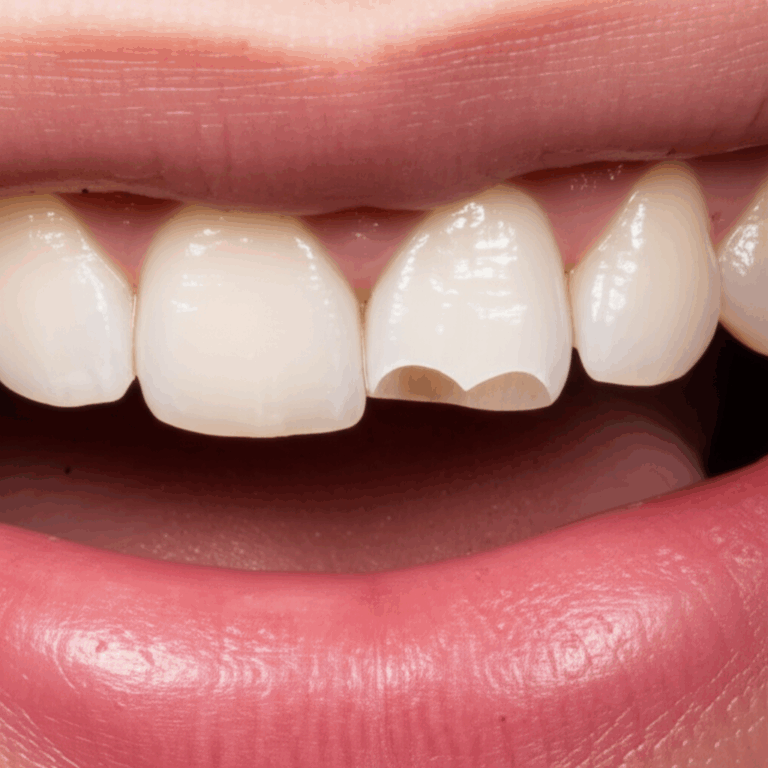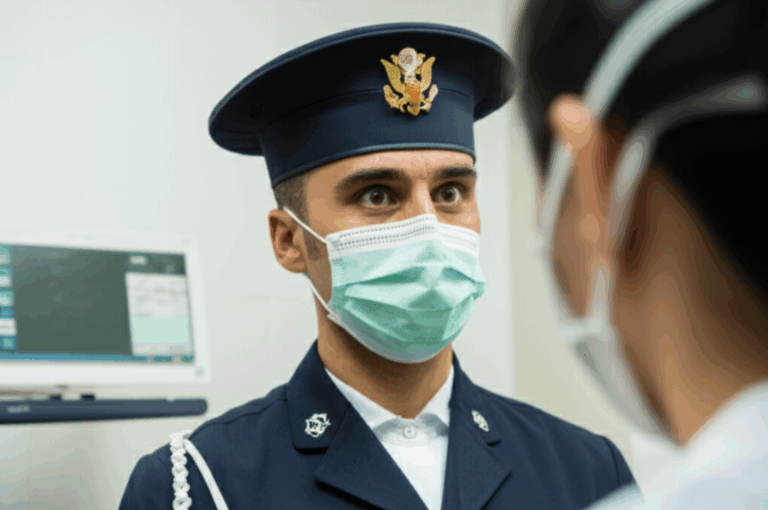
How to Become a Dentist After High School: Your Complete Step-by-Step Guide
Are you a student fresh out of high school, dreaming of becoming a dentist? Maybe you love science, like helping people smile, and like the idea of having your own dental office one day. If that sounds like you, this guide will explain–step-by-step–how you can start on the path to becoming a dentist. We’ll talk about everything from classes you need in high school to what happens after dental school. If you want an easy plan with clear details, this is the article for you!
Table of Contents
What Does a Dentist Do?
Dentists keep our teeth and mouths healthy. You probably already know about general dentists who fill cavities, clean teeth, and fix broken teeth. There are also other kinds, like orthodontists (who straighten teeth), oral surgeons (who do operations), and periodontists (who take care of gums).
Dentists help people feel good about their teeth and safe. They help with tooth pain, make mouthguards, talk about brushing and flossing, and sometimes help make new teeth with crowns, bridges, and implants. Some dentists even work in a digital dental lab, making teeth using computers and 3D printers. However they do it, dentists use science, skill, and care for people every day.
Why Can’t You Go Straight Into Dental School After High School?
Here’s a big question many students ask: Can I go to dental school right after high school? The answer is almost always no—at least, not in North America and most places. Dental schools want students to finish college first. Sometimes, a few schools accept students sooner, but it’s super rare.
Dental school is hard. You need four years of college before you start. After college, dental school takes another four years. That’s a least eight years of school after high school! Plus, there are more tests and sometimes extra training if you want to do special jobs.
Why is it like this? Dentists do really important work on people’s health. They need to know a lot about science and get some real practice before they can treat patients.
How Can You Prepare in High School?
Problem: Lots of students wonder, “How can I start working on my dental dream right now?”
Agitate: If you don’t make the right choices now, you might miss out on scholarships or even get behind your classmates later. Wouldn’t it feel better to be ready for all the big steps ahead?
Solution: Here’s what to focus on:
Science and Math Classes
Take as many biology, chemistry, and physics classes as you can. Higher math (like Algebra II, Pre-Calculus, even Calculus) is good too. If your school has AP or IB science, sign up. These harder classes can sometimes give you college credit.
Keep Your Grades High
Dental schools want students who work hard. Try to get a high GPA—especially in science classes.
Activities and Volunteering
Join science clubs like HOSA or your school’s biology club. Volunteer at hospitals or clinics. Doing community service, watching a local dentist at work (“shadowing”), or finding a summer job at a dental ceramics lab can give you great experience and help with your application later.
What Should You Study in College?
Problem: After high school, you might be confused about what to major in. Is biology the only choice? Will another major work?
Agitate: Picking the wrong major might make it harder to take the right classes, or could make your schedule very full. You don’t want any surprises when you apply to dental school.
Solution: You actually have lots of options.
Pick a Science Major (But Not Always)
Biology, Chemistry, or Biochemistry are the most common college majors for students who want to be dentists. Why? Because they fit well with dental school required classes. That said, any major is fine—as long as you take the needed classes (see below). Some students pick psychology or art, which can be helpful for talking to patients or hands-on lab work like removable denture lab experience.
Academic and Science GPA
Aiming for a 3.5 GPA or above will keep you in the running. Dental schools look at your science grades, too. So pick classes that push you, but don’t take too much at once.
What Classes Are Required for Dental School?
Before you can apply to dental school, you need to finish certain college classes called prerequisites. Here’s what you usually need:
| Required Course | Lab Required? |
|---|---|
| General Biology | Yes |
| General Chemistry | Yes |
| Organic Chemistry | Yes |
| Physics | Yes |
| Biochemistry | Sometimes |
| English / Writing | No |
| Math (Calculus or Statistics) | Sometimes |
Tip: Each dental school is a little different, so check their websites or ask your pre-dental advisor. Some may want extra classes like psychology, anatomy, or advanced biology.
What Experiences Will Make You a Strong Applicant?
Problem: Good grades and test scores aren’t enough. Lots of students apply with strong marks, so what sets you apart?
Agitate: If you don’t stand out, you might not get accepted—even if your grades are great. Feeling worried? That’s normal, but you have lots of chances to shine.
Solution: Build a great application.
Shadowing
Spend time watching dentists—try to get 100 to 200 hours. See both general dentists and specialists like orthodontists or oral surgeons. Ask questions and see what their work is really like.
Dental Assisting or Lab Work
If you can get a job or volunteer as a dental assistant or help out at a 3d dental lab, do it! Real-life experience will make your application stronger and help you learn things you’ll use later.
Leadership, Service, and Research
Dental schools want people who care about helping and can work with others. Join clubs, run events, or try to help with research. Even summer science camps or helping start a food drive can help show you are dedicated and can lead.
How Do You Apply to Dental School?
Problem: The dental school application process can seem confusing and long. What do you actually need to do?
Agitate: Without a plan, deadlines can creep up on you fast. It’s easy to miss something and have to wait a whole year.
Solution: Start the process early and stay organized.
The Application Process
- AADSAS: This is the system for most U.S. dental schools. It stands for Associated American Dental Schools Application Service. You use it to do your main application online.
- Primary and Secondary Applications: First, you fill out your main application. Later, some schools send more questions (secondaries) to learn more about you.
- Rolling Admissions: Apply as soon as you can—student spots fill up fast!
Key Parts of Your Application
- DAT Exam: The Dental Admission Test covers science, ability to see shapes, reading, and math. Most students take it after their junior year.
- Letters of Recommendation: Get letters from your science teachers, maybe a dentist you shadowed, and other adults who know you well.
- Personal Statement: Explain why you want to be a dentist and what made you pick this career.
- Interviews: Dental schools invite top students to interviews (sometimes called MMI or traditional interviews). Practice speaking clearly and showing you really care about helping people.
What Happens During Dental School?
Get ready for four more years of learning! Here’s what dental school is like.
Year 1-2: Classroom and Lab Work
You’ll spend lots of time in class learning about teeth, human body, how diseases spread, and more. You’ll also practice on fake teeth and models in labs, learning how to do fillings, crowns, and even make impressions—working closely with labs like crown and bridge lab for some real practice.
Year 3-4: Seeing Real Patients
Soon, you’ll start seeing real patients with your teachers watching. You’ll clean teeth, fill cavities, help with pulling teeth, and more. You’ll learn a lot by doing, and also work as a team with classmates.
DDS vs. DMD
Both degrees—Doctor of Dental Surgery (DDS) and Doctor of Dental Medicine (DMD)—mean the same thing. It just depends on what your school calls it.
What About Specializing or Getting Licensed?
After dental school, you need a dental license to work.
Board Exams
You’ll take the big National Board Dental Exams (NBDE or INBDE). Once you pass, you’ll also need to pass your state’s hands-on test.
Specialist Training
Want to be an orthodontist, oral surgeon, kids’ dentist, or another kind of specialist? After getting your dental degree, you need to do extra training, which takes 2-6 more years. It’s hard, but specialists can do interesting work and usually make more money.
How Much Does It Cost, and Is It Worth It?
Problem: Dental school costs a lot. Tuition and fees build up quick. Is it worth it? Will you be able to pay back school loans?
Agitate: The thought of thousands or even hundreds of thousands of dollars in debt is scary. What if you finish school but can’t get a job? What if you don’t like dentistry after all the work?
Solution: Let’s look at some facts and advice.
Cost Table
| Year | School Tuition & Fees (Average) |
|---|---|
| 1st Year College | $10,000 – $50,000 (depends on state/private) |
| 4 Years Dental | $40,000-$95,000/year |
| Total Debt | $301,000 (average for new grads) |
Salary and Career Outlook
- Starting dentist’s pay is about $160,000 a year.
- Many dentists own their own offices or work for a clinic.
- Dentist jobs are expected to grow about 4% in the next 10 years, about the same as other jobs.
Scholarships and Loans
Financial help, scholarships, and dental school grants can help a lot. Look for state programs or public health choices, too. Some people work in the military or in places that need dentists most to get help with loans.
FAQs
Q: Can I go straight from high school to dental school?
No. You must finish college first and meet all dental school rules.
Q: What is the best major for dental school?
Most students pick biology, chemistry, or biochemistry. Any major works if you take the right classes.
Q: How hard is dental school?
Dental school is tough, with lots of studying and practice, but you can do it with good time management and dedication.
Q: How much does a dentist make?
Dentists usually earn around $163,000 a year, with the best paid earning over $237,000.
Key Takeaways
- You need a college degree first—no skipping ahead from high school.
- Focus on science and math classes in high school and keep grades high.
- In college, take the right science classes and work on your GPA.
- Get real-life experience by shadowing, volunteering, and working in dental offices or labs.
- The whole process takes at least 8 years after high school.
- It costs a lot, but most dentists earn enough to pay off their school loans.
- Dentists help people every day, and you can choose to work in many different dental fields.
- Be sure this is right for you—talk to dental students and dentists, and learn all about the job before you start.
If you love science, like working with your hands, and want to help people feel good about their smile, becoming a dentist could be the right job for you.
References:
- American Dental Association
- American Dental Education Association
- Bureau of Labor Statistics
- Official guide to dental school admission requirements
- China dental lab
Most important things to remember:
- Start early—begin planning in high school for a dental career.
- Take the right classes and join activities.
- Be ready for 8+ years of school and big school costs.
- Find scholarships and experience chances to help you stand out.
- Dentistry is a great but tough job that needs hard work, kindness, and good talking skills.
- If you like helping people and are excited by science, dentistry might be perfect for you!








